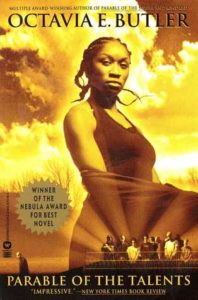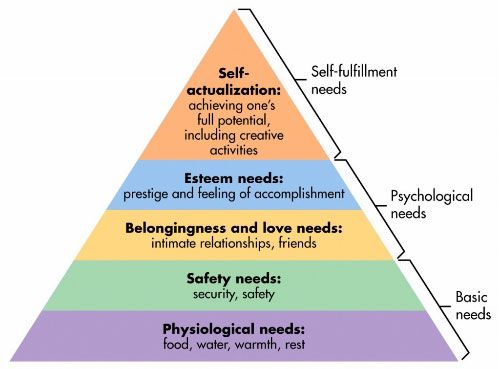This may be the second-last post I’ll make here, and for good reason. The first reason is that I think a fair closer is needed for the posts throughout the semester. The second is how few posts I have made. I suppose that regards the merit of my words holding any sound content to share, or to expand on something that I believe has not been discussed during class. Either way…
I’m both excited and indifferent about this final essay. The ambition behind discussing the housing crisis and the contrasting narratives of literature showcase so many ideas as to how we view – or how we begin to view them. One thing that comes to mind at the moment is that of Inside Job and The Big Short as a heavy contrast in comparison to that of Dominion, A Mercy, and Parable of the Sower – one may consider these pieces of literature are differing perceptions of housing. What kind of crisis there is, when and how a crisis may begin, or if an individual is aware of a crisis at all. That also includes those who are even affected despite some knowledge of economic or social disarray. I’m likely overthinking at this point in favor of a streamlined final paper (in my head, anyway), but the words I’m currently hearing regarding insurance also relates to the earlier aspects of the class. Again, I go back to The Old Man and the Storm that demonstrates a crisis for ordinary people being almost another number to place on a list that says “assist” but not so much “help”. More recently, This Old House reminds me heavily of the “reality” TV series Extreme Makeover: Home Edition. As Jess calls it phony and transparent – that is how I feel with the perceptive contrasts I mentioned earlier. There is a greater emphasis on “assist” than “help” in order to showcase a means to help but not so much a means to give way for resolve. Or may I’m being cynical about how meretricious (new word, yeah!) the premise of building an old house and rebuilding the remnants of it into a new home. This of course also relates to Mister Blandings Builds His Dream House while demonstrating the hollow nature a home can be, despite the incredible sentimentality it is allegedly supposed to be. That can even be said for anyone who is wealthy enough to afford (and maintain) more than one house. I know I’m young, but the idea of that still sounds absurd and a physical display of self-absorption, which that too can relate to what I have discussed in my Dirge essay, and may very well be mentioned in the final essay. My home life – or at least in parallel to the illustrated lives throughout the semester – leaves me detached.
Perhaps that is a good thing. Regarding the final essay, at least.


